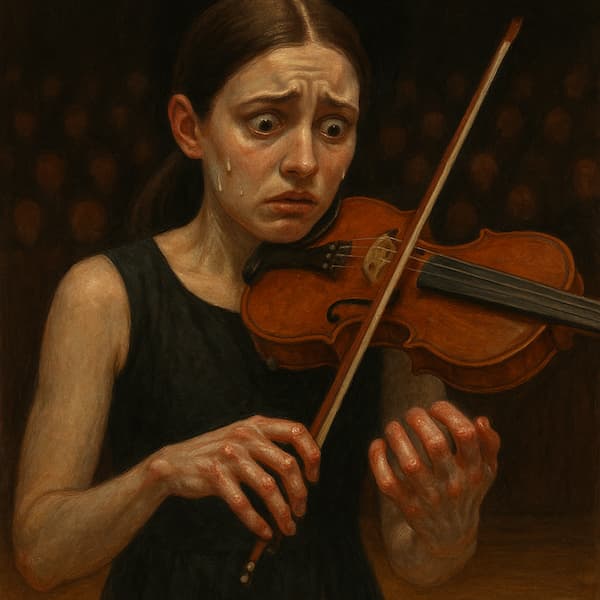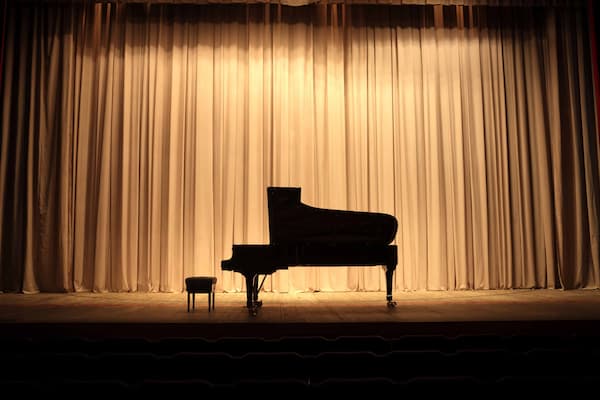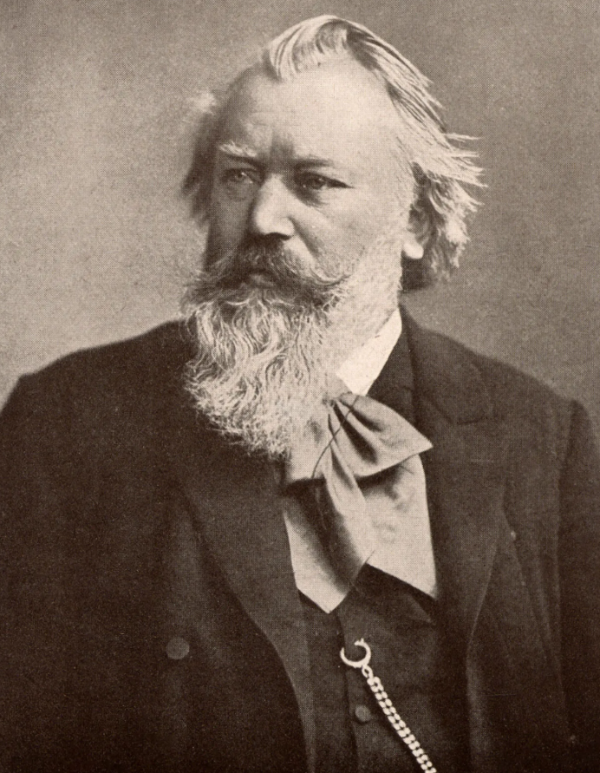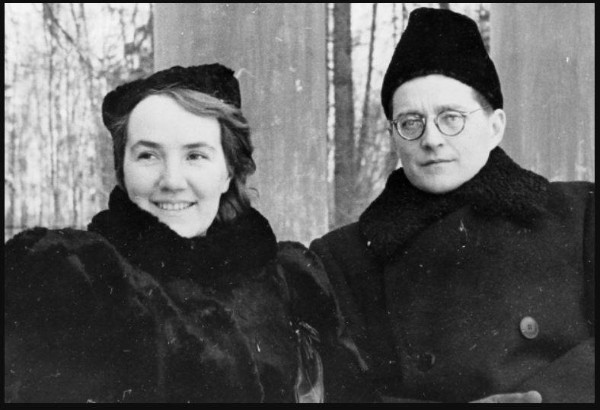Imagine for a moment that you are experiencing every instrumentalist’s worst nightmare. You have poured hundreds of hours of meticulous practice and study into knowing the score for a piece of music inside out, and into questions of interpretation, technique, agility, and emotional expression. An audience is assembled and wants to be moved, transported, and transformed. The canvas is primed, the stage set.
But as you approach the key moment, your heart races and your hands feel slippery, cold, and stiff. Time is moving both rapidly and sluggishly all at once, and suddenly you can hardly remember your own name, let alone the starting chord of your piece.
What exactly is going on here?

Image created by ChatGPT
Within the traditions and mores of classical music, every musician must come to terms with the idea of performing for others. In the various formal qualification systems, such as ABRSM or Trinity, success and progression are measured by way of a “mini-performance” in the form of a practical exam. Later, in adulthood, regardless of whether an instrumentalist chooses a career within an orchestra, a quartet or a small ensemble, as a session musician, or as a soloist, performing for others will become an essential – and hopefully fulfilling and joyful – part of their musical work. Even orchestral players, typically sheltered from peering eyes and ears by the morass of players on stage, must undergo potentially life-altering auditions, heaped with all of the associated pressure.
Some musicians seem to take to performing with a natural, effortless grace. Among these are gregarious, confident personalities; extroverts eager to express themselves, those who like to impress others and showcase their skills, and those who are comfortable with attention and limelight. These individuals often make for astonishing and memorable soloists, the force of their personality bringing an additional layer of meaning to every performance they give. For others, performing is not a component of their character and may even be antithetical to it. For these individuals, performance anxiety may rear its ugly head and present barriers to a truly rich musical career.
Paul Salmon defines musical performance anxiety as “the experience of persisting, distressful apprehension about… or actual impairment of, performance skills in a public context.” Performance nerves can surface in a variety of bodily ways, such as sweaty palms, dry mouth, elevated heart rate, trembling, and shaking. People often report powerful mental components to performance nerves, such as persistent catastrophic thoughts, fear of judgment or failure, or sudden loss of memory.
It is important to note that performance anxiety does not simply arise when we are under-prepared – in fact, seasoned professional musicians still experience performance anxiety. A 1995 study showed that 59% of professional orchestral players in the Netherlands felt they had been personally or professionally impacted by stage fright. Elizabeth Valentine has proposed thinking about performance anxiety in three different ways to accommodate for this nuance. Reactive anxiety is when we accurately perceive that we are underprepared and will be unable to fulfil our musical obligations without noticeable mistakes. Adaptive anxiety is the body’s helpful production of adrenaline to make us lively and alert so that we can function at peak performance. The third kind of anxiety – the one that might be deemed irrational and harmful – is the one of which we usually speak when we say “nerves” or “stage-fright,” maladaptive anxiety.

© pianoforte-music.com
When trying to perform at a high level, our body activates its emergency system and releases adrenaline into the bloodstream, using physiological arousal to create “eustress,” the optimum conditions for making the most of an important moment or opportunity. However, performing music is a very complex endeavour, with Eric Clarke noting that it requires “remarkable combination[s] of physical and mental skills… in complex and constantly changing spatial patterns.” Past a certain point of physical stress, we move into maladaptive anxiety, and our ability to perform complex tasks diminishes dramatically. Indeed, Hardy and Parfitt propose that performing agents will simply experience a catastrophic “crash” from which they often cannot fully recover within the performance event if pushed past a certain stress threshold.
The exact combination of factors that leads some performers to stay comfortably within the realm of optimum physiological stress and others to exceed it is complex and not yet fully understood. Nonetheless, we know that perfectionistic thinking, a tendency towards generalised anxiety, low self-esteem, and a strong need for control are all traits that tend to predict performance nerves in an individual. Situational stress is also relevant: auditioning for conservatoire is more likely to induce anxiety than playing for family and friends. Similarly, performing for an audience that the performer deems to be of higher status than themselves also makes nerves more likely. Funnily enough, large audiences are less intimidating if distant or faceless due to dim lighting – anxiety instead likely stems from being able to see potential reactions of disappointment or displeasure clearly in the faces of well-lit or proximate audience members. For those who love to make music socially, there is good news: studies have shown that with the presence of each additional co-performer (duo, trio, and so on), anxiety levels reduce dramatically. This may be further reinforced if the music itself encourages a sense of sociability and interdependence. For example, in 1829, renowned intellectual and artist Goethe famously described string quartets as “a conversation among four intelligent people,” with writer Edward Klorman theorising about the chamber music of Mozart as his “music of friends.” Thus, as a counterweight to these discussions of fear and performance pressure, I leave you with the delightfully dialogic and friendly fourth movement of Mozart’s String Quartet no. 14 in G major, nicknamed “Spring.”
For more of the best in classical music, sign up for our E-Newsletter
Wolfgang Amadeus Mozart: String Quartet No. 14 in G Major, K. 387 – IV. Molto allegro (Ysaÿe String Quartet)



